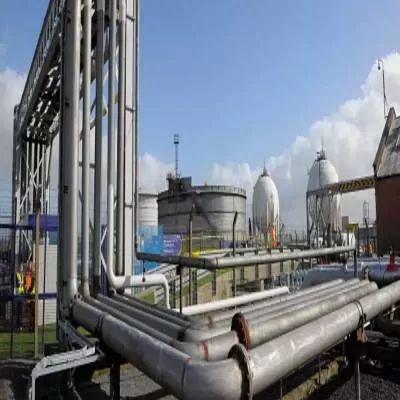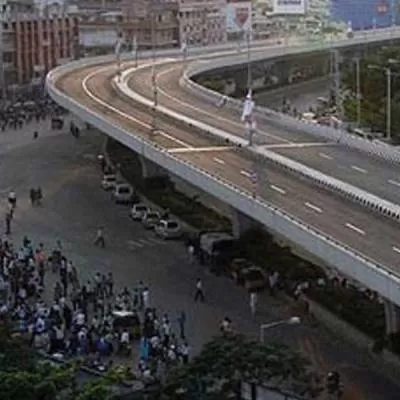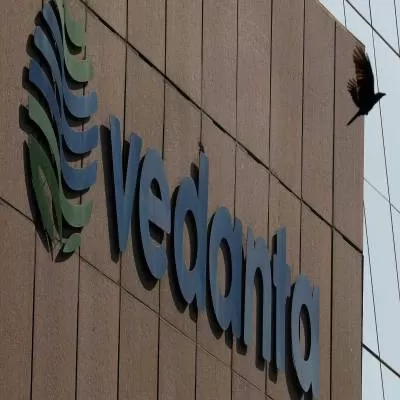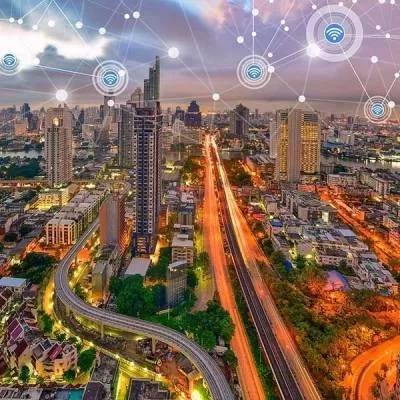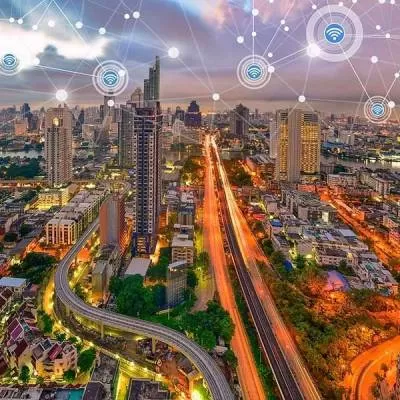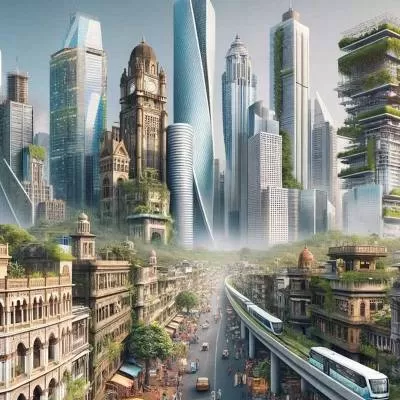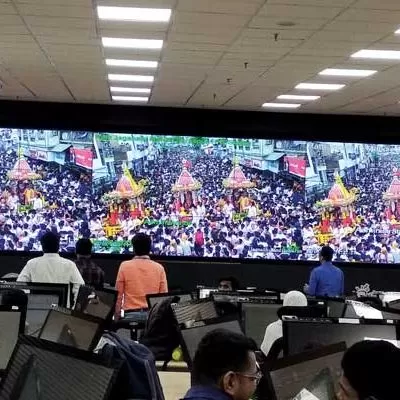- Home
- Infrastructure Urban
- SMART CITIES
- What are the implications of increased GST on Smart Cities?

What are the implications of increased GST on Smart Cities?
Read full article
CW Gold Benefits
- Weekly Industry Updates
- Industry Feature Stories
- Premium Newsletter Access
- Building Material Prices (weekly) + trends/analysis
- Best Stories from our sister publications - Indian Cement Review, Equipment India, Infrastructure Today
- Sector focused Research Reports
- Sector Wise Updates (infrastructure, cement, equipment & construction) + trend analysis
- Exclusive text & video interviews
- Digital Delivery
- Financial Data for publically listed companies + Analysis
- Preconceptual Projects in the pipeline PAN India
GST is now the talk of the smart town. In the initial five years of the Smart Cities Mission, 12 per cent GST was applicable on certain construction projects, especially government buildings. However, for projects such as solid waste management, for instance, GST was not applicable. But after a recent reviewby the GST Council, the tax has witnessed an increase from 12 per cent to 18 per cent. What happens when smart cities are considered companies and not municipal corporations or government entities? And how does the GST of 18 per cent impact suppliers and service providers who are providing support to these cities? Reactions and views “For projects that cost in thousands, this percentage is a large amount. Essentially, the amount for the increased tax is being paid to the Centre out of the amount that the Centre itself has provided as grants for the smart city initiatives,” says Trimbak Dhengale Patil, CEO, Solapur Smart City. “It would be beneficial if GST is not applicable to projects under the Smart Cities Mission so that the tax amount can be allocated to its potential. Currently, as we pay the Government back the moneyit has provided us, the amount is just going around in circles. Additionally, instead of questioning if it should go from 12 per cent to 18 per cent, I believe it should just be zero.” Meanwhile, Sandeep Malvi, CEO, Thane Smart City, shares that this increase will hamper the project cost as all the estimates have been drawn considering the 12 per cent GST. “However, as it is a government decision, we have to follow the rules.” “It needs to be economical,” says Chinmay Gotmare, CEO, Nagpur Smart City, adding that while he would not want to further comment on the matter, “development needs to be incentivised”. Dr D Vasudevan, Chief General Manager, Varanasi Smart City, also does not find the increase on GST encouraging. “On construction projects, especially for government buildings, it used to be 10 per cent and 12 per cent. This increase to 18 per cent putsan additional burden on the contractors. It is abit discouraging for the construction and civic agencies also.” He adds thatwhen 18 per cent GST is included, the construction budget gets reduced. “It is a setback, but it is the decision of the Government and there would be valid reasons for taking this decision.” He concludes, “My personal opinion notwithstanding, I believe it should have been retained at the original level.” Dr Shena Agarwal, CEO, Ludhiana Smart City, agrees that the imposition of GST would affect the financials of projects as it affects the contractors and the Smart Cities Mission itself.“We will have to rework the financials.” “Until now, we did not have any issues in terms of GST. It was only the vendors who used to charge us the GST,” says Anil Tadkod, General Manager IT, Nashik Smart City.“But now,we will need to rethink our strategy.” The increase in GST will clearly impact the overall budget available to cities. The initial funds that were made available were calculated and allocated considering inclusion or exclusion of GST. Thus, the smart cities will have to rework the usage of some allotted funds considering the increase in the GST involved. While some cities may not be in agreement with the increase, they certainly accept the Government’s decision, believing it would have its own merits. - SHRIYAL SETHUMADHAVAN


